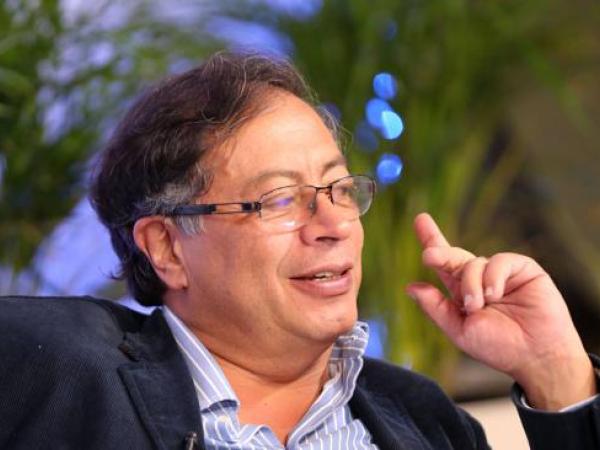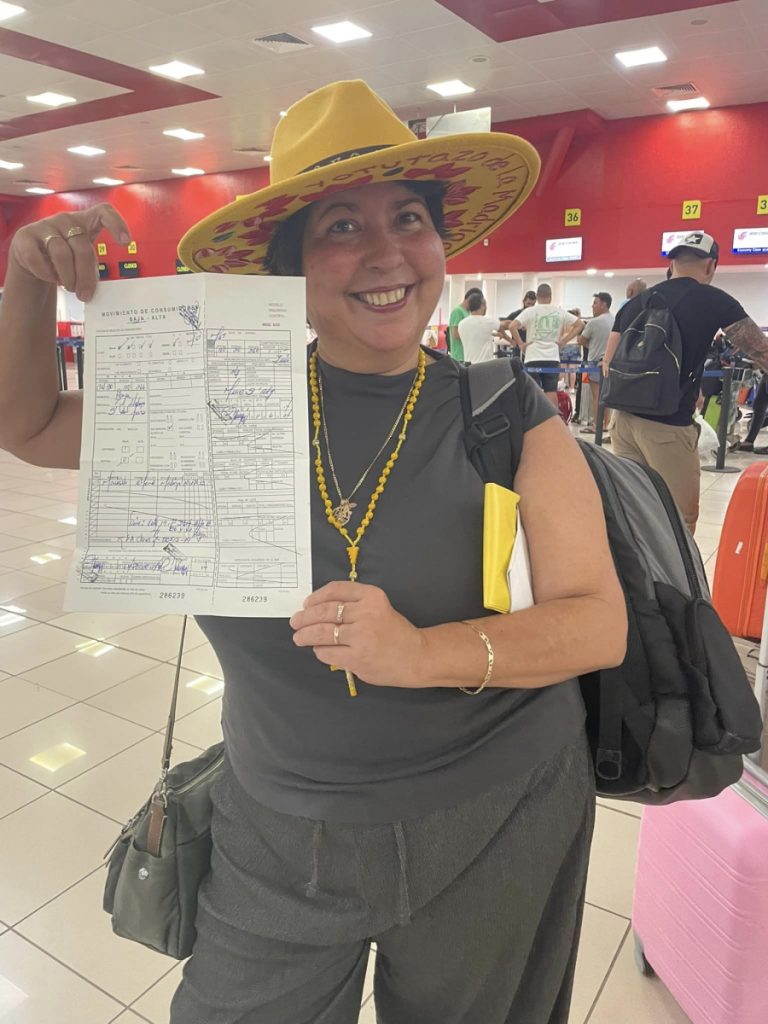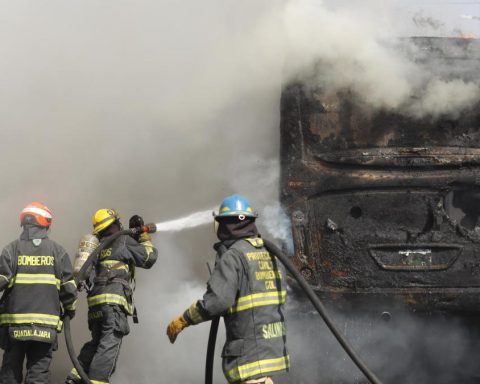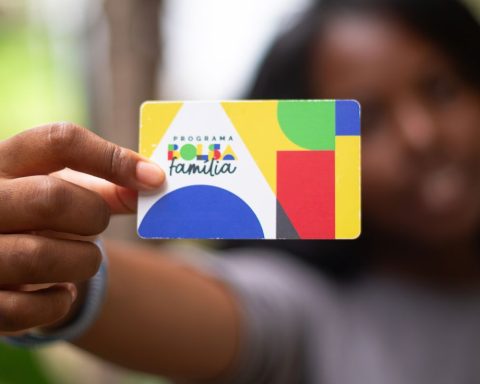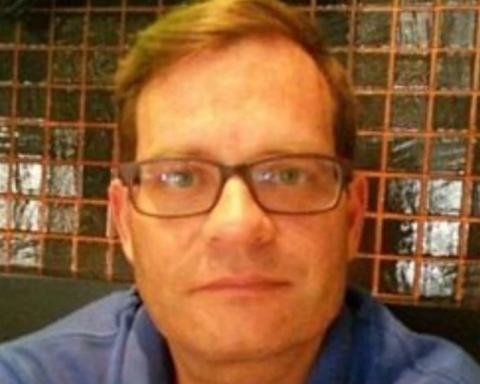During his visit to the municipality of Zaragoza, department of Antioquia, President Gustavo Petro referred again to the agrarian reform that he intends to promote in his government, according to him, in order to guarantee the country’s food security and to destroy land that is not being used for farming, even though it has the vocation to do so.
With a striking proposal, the national leader stressed that it is necessary to declare fertile land areas as districts of public utility in order to deliver productive land to poor farmers, which is a path that is protected by the Constitution, according to what his legal experts have reviewed.
Why two Ecopetrol workers will be at the Paris Olympics
During the launch of ‘Misión Antioquia’ in the municipality of Zaragoza, Petro Urrego stated that “this possibility – the declaration of public utility – is contemplated in the National Constitution and in the Law 160 of 1994, which states that “in Colombia, land has a social function.”
He also indicated that “it is a crime against humanity to have fertile land and not produce, to have it for fattening, to have it for power, to have it for greed,” which from his perspective is what they seek to end with the agrarian reform that he has been mentioning since he was campaigning and for which he has received multiple criticisms.
President Gustavo Petro
EFE
“Land is private property, yes, but it has a social function: to produce food, and these foods will help us to nourish Colombian children, to make them more intelligent, to nourish the elderly so that they live longer, to nourish all of us, so that we have that zest for life. That is the social function of the land,” he said.
The Head of State lamented that his Government is “being put in the way of all possible obstacles” to advance in agrarian reform, arguing that “on the one hand, they do not approve the Law of Agrarian Jurisdiction, and on the other, that the Government cannot resolve the problems of illegal occupation by landowners, some of them politicians, of the vacant lands and the lowlands, the sandbanks and the places near the water in Colombia that are national vacant lands.”
Fuel retailers’ profits could fall by 30% by 2035
In this way he explained that these areas are occupied by people he described as “descendants of drug trafficking”, who must begin to be required to put the land into production and In this way, they help to resolve the challenges that the country faces on fronts such as food security.
“It seems that we are forced to not be able to tell the drug trafficker that this land is not his because it is a national wasteland, just to prevent this national wasteland from being handed over, as ordered by law and the Constitution, to the poor peasantry of Colombia,” said President Petro.

Farmers
Rodolfo Gonzalez / Portfolio
In this sense, he pointed out that, in the face of these obstacles, as authorities they will “take advantage” of the legal resources available, warning that, for example, “the ANT (National Land Agency) has to remove all the corrupt men and women, we do not want business with the land here to avoid corruption,” while maintaining that this requires “peasant oversight, there has to be peasant organization.”
And one of those possibilities, he said, is to reform the ANT so as not to separate it from another state agency, the Rural Development Agency (ADR): “That the same ANT buys land, delivers land, titles land, carries out productive projects each time with the help of the peasantry, each time it delivers a title, it must simultaneously have the productive project to begin working, because bare land is poverty,” he said.
Venezuelans in Colombia protested against Maduro and his presidential re-election
The president reiterated that there is no possibility of building peace in Colombia and getting out of drug trafficking and violence without agrarian reform, He explained that “fertile land is concentrated in three or four thousand people, some of them congressmen, while 10 million peasants have nothing.”
